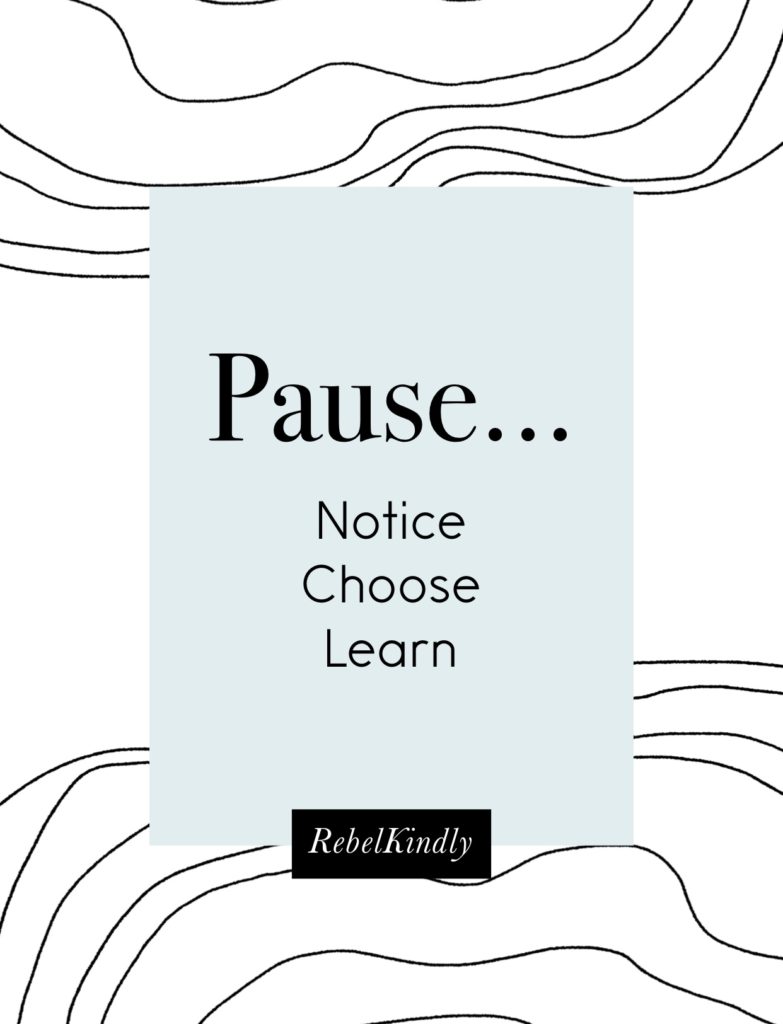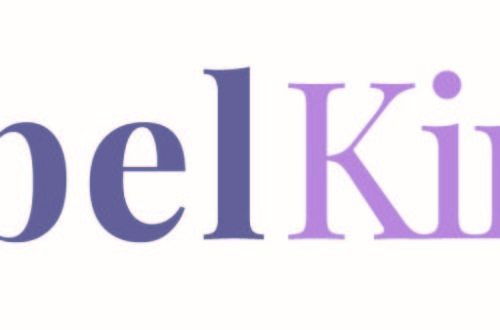
Stereotypes Can Be Good, Sometimes
Let’s start with a line in the sand. I think stereotypes are unhelpful, if not destructive, in many situations. But our brains use them to help us move through the world without shutting down from mental overload.
So Why Do It?
Stereotypes are tools for our minds. We all make snap judgements about people, based on our experience of and memories of things and people in the world. It’s often useful to make these generalisations, which is why we have evolved to do it. When we encounter something new, we use stereotypes to help us make quick decisions and avoid overloading our brain. A useful tool when you need to survive.
Nowadays, thankfully, it’s not usually something life or death if we get it wrong. But if we weren’t able to very quickly make good guesses we would struggle to thrive, as our brains would be taken up with constantly processing new information.
For example, if you’re lost and need directions, you’d probably not ask a toddler and would aim for someone older. Mostly we make good guesses about new things and experiences, but it’s important to remember it can go awry. And we and others can suffer as a result.
Too Much of a Good Thing
We can be the victim of stereotyping by others (“they’re too emotional”), or even by ourselves (“I’m too old to try that”). We can push stereotypes onto others, hiding the real person with a badly drawn cutout. It can be around gender, ethnicity, age, ability. Or often more subtle things like accent or dress or title or musical taste.
Where I think stereotypes can be a good thing is when we spot them. Mostly we are unaware of them unless they are pointed out by others, or we slow down enough to notice that we are in “stereotype mode”. As soon as we become conscious of the stereotypes in our thinking or actions, we can study them, turn them around in our hands and decide whether to hold onto them. Use the tools wisely. Choose to be a Kindly Rebel and use that stereotype to spark change.
Poor Workers Blame Their Tools
The first step is being conscious of your thinking. Take a little pause. What tools does your mind need right now? The fast thinking of stereotypes or slower and more deliberate thinking? You can then make a conscious choice, a decision to question your generalisation and whether it is helpful, in the here and now.
So next time you get irritated, bumping up against a stereotype (or see the person you’re with get irritated) try these tips to help you thrive. You need to notice, choose your response, and then look back at what you learned.

So next time you get irritated, bumping up against a stereotype (or see the person you’re with get irritated) try these tips to help you thrive. You need to notice, choose your response, and then look back at what you learned.
1. Notice how you feel
Are the assumptions you’re making helpful longer term or just making things easier right now?
Are you rushing to get to a specific outcome and missing things along the way? What would a touch of kindness do?
Are you feeling held back or hemmed in? Could you rebel, even a tiny bit?
2. Choose how you act:
To really see the person in front of you (that could be yourself)
To take one Kindly step to get closer to the outcome (and maybe change the outcome)
To change just one thing, maybe these:
- Your body language – smile and lean in,
- your words – listen more and use fewer words, ask for help
- your intentions – build a relationship rather than hitting a goal, say Yes rather than No.
3. Learn what helps you thrive:
Take some time and then look back. What did you do that makes you feel pleased?
Think about your push-button situations, and find ways to prepare yourself for these (not just by avoiding hard things).
Find friendly supporters who
- can help you spot your go-to stereotypes
- Will be guinea pigs for you trying new techniques.
- Will suggest things you’ve never thought to try
I once asked someone to gave me a sign every time I raised my eyebrows in annoyance in a meeting, with my “older people aren’t willing to try new stuff” stereotype in full throttle. It helped me be very aware of it and start changing my thoughts (and eyebrows) right there in the room.
And now celebrate trying your best. Know that you are improving. Feel your Rebel heart beating warmly and your Kindly ways strengthening.
If I Had a Hammer…
So, stereotypes are a tool we have evolved to help us deal with new things, new people, new experiences. Our minds use our stored-up experience to make quick decisions. Like all tools, they are useful but not for every situation. Would you use a hammer to cut wood? If you really saw what was happening in front of you, it would help with the woodcutting. Apologies for the terrible pun! Be aware of your choices and your impact.
Now, take a little pause and see if you’re banging everything around you with a stereotype. Notice how you feel, make some conscious choices and learn what makes you thrive.
Have you ever tried this, noticed your stereotypes and tried a more Kindly Rebel approach? Tell me your stories!



